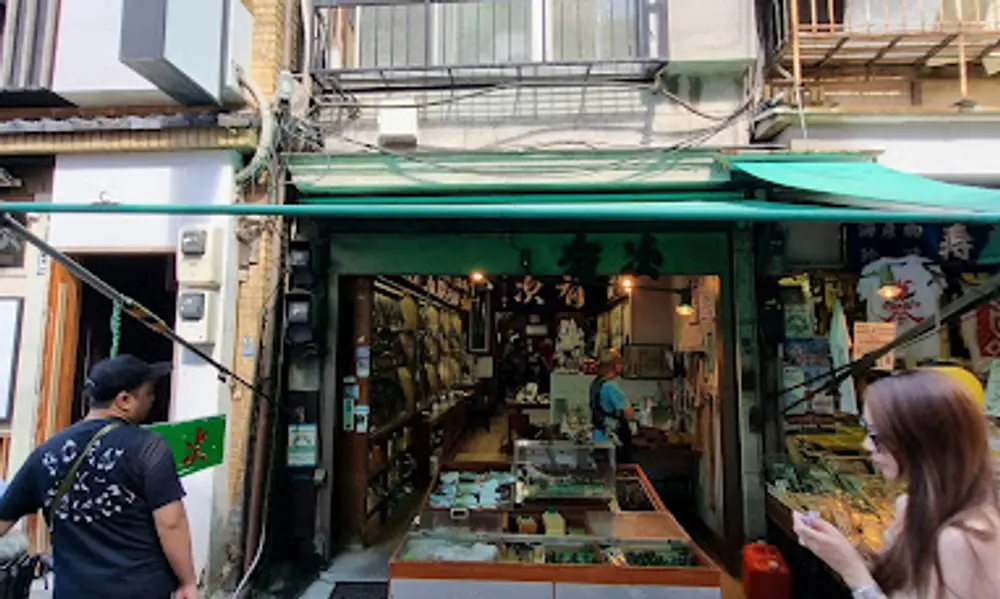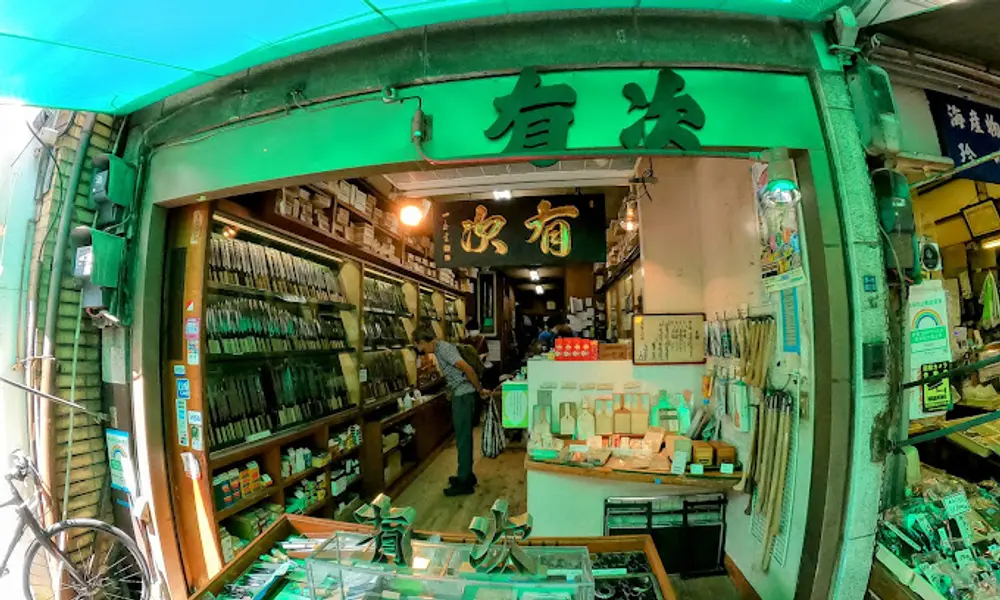Aritsugu Tsukiji
Legendary knife maker since 1918. Handcrafted Japanese kitchen knives loved by top chefs worldwide.


Aritsugu Tsukiji isn't just a knife shop - it's a living piece of Japanese culinary history.
Born in 1918, this legendary knife maker branched off from a centuries-old Kyoto blade smithing tradition.
They brought their razor-sharp skills to Tokyo, setting up shop in the bustling Tsukiji area.
For over a century, Aritsugu has been crafting some of the world's finest kitchen knives.
Is It worth visiting?
Aritsugu Tsukiji is a must-see for anyone interested in Japanese craftsmanship or cooking.
The shop's unmatched craftsmanship shines through in every knife. Each piece is a work of art, handcrafted by skilled artisans.
Top Japanese chefs swear by Aritsugu knives, so you know you're getting pro-level quality.
From traditional sashimi knives to Western-style blades, there's something for every cook.
The knowledgeable staff can help you choose the perfect knife for your needs.
And let's face it - a handcrafted Japanese knife makes for a pretty cool souvenir.
Whether you're a seasoned chef or a curious tourist, Aritsugu Tsukiji offers a slice of authentic Japanese craftsmanship you won't want to miss.
So why not drop by? You might just find your new favorite kitchen companion.